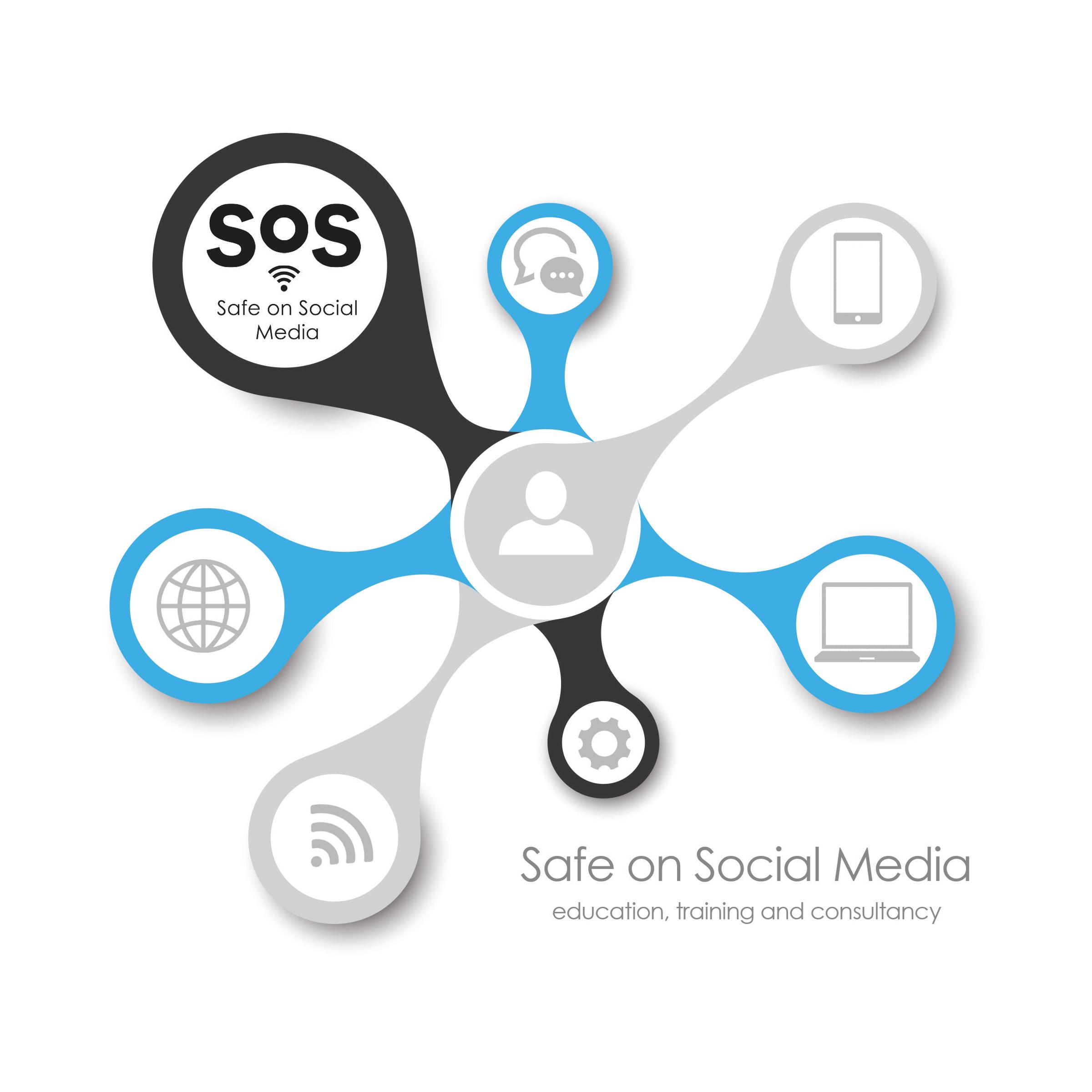Safe On Social Media

Don't say anything online that you wouldn't want plastered on a billboard with your face on it.
Erin Bury
Fortnite and gaming tips for parents
In 1978 the first Space Invaders machine was unpacked at an arcade in Japan. Since then, adults have had concerns over young people losing their souls to video games. Gaming is now everywhere. After 40 years, the gaming industry has become very accomplished at creating powerfully addictive entertainment.
The obvious example in 2019 is Fortnite, an online shooter which, in its famous (and free) Battle Royale mode, pits the player against up to 99 other combatants in a cartoonish fight to the virtual death. Bright and playful (and lacking gore), Fortnite has become a phenomenon since launching in 2017.
Fortnite appeals to a broad demographic as it's free to download, fun, colourful. Although we have seen changes when we discuss Fortnite in-school talks from elation (where the whole room would scream with excitement no matter what the age group) through to a collective eye roll (where some kids that still play it don't let onto their friends for fear of being seen as uncool). It is always played, and it is still being talked about at school. It is a global phenomenon, made even more famous by sportspeople celebrating on the playing field with Fortnite dance moves."
Fornite has prompted a controversy over its addictive qualities. Stories have emerged around the world of teens and children playing the game for up to 12 hours a day. Safe on Social has seen this first hand with young people asleep in school libraries during lunch and. Teachers are explaining to us, "they are a gamer."
Even if your child's Fornite "habit" is modest, you may have concerns as to whether your kids have an unhealthy relationship with the popular shooter game. Very few young people can stop after a short period as many games reward long playing times and playing daily.
It is useful to look beyond the old argument of banning or not prohibiting games outright. Rather than banning, we need to look closer at the time spent online gaming is time not spent playing outside developing physical and social skills, time spent doing activities that are proven to increase happiness and wellbeing.
Set healthy boundaries:
Kids respond well to healthy boundaries and form life-long healthy habits from them. Set time limits, keep gaming consoles out of the bedroom where you can hear and see what a lot of what is happening as you go about your own business.
Respect classifications:
Classifications are in place for a reason, and in some cases, you can be fined for ignoring them. Safe on Social is seeing far too many young people (from Yr1) playing R and MA15+ games. Please check the classification before you allow your child to play a game. They are exposed to things that, in some cases, they are not able to handle emotionally at such a young age. And with shooting, rape and other violence in games there is a global concern around de-sensitisation in young people.
Choose a user name that does not reveal any personal information:
Don't reveal any personal information to other players:
Stranger danger is 24x7 make sure they never meet up with someone they have met online.
Make sure game software is kept up to date:
Don't forget!! Your credit card is often attached, and software updates always include security patches to make sure that your credit card details can't be hacked and stolen.
Watch out for scams:
If you type "free Vbucks" into Youtube, you will see more than 4Million results. All set up to. Scam your credit card. Make sure you speak to your child about this and that they know that the only place they can get Vbuck is in the game store. Better still, get them a kid's Visa/Debit card. Put their pocket money and birthday money on it, and then they will learn the value of money, and you can teach them how to budget at the same time.
Find out how to block and report:
Learn how they can communicate with strangers in the game and at a minimum, learn how to clock and report so you can help your child if they are being bullied or harassed. Remember that the average age of a gamer is 34-36yrs.
Think about your own screen use:
Children take their cues from adults. Bluntly telling your kids to wrap up their Fornite session while you are yourself glued to your phone sends mixed signals.
Play the game with your child:
Acknowledge their gaming as a legitimate interest rather than an activity to be demonised. Let them know you are willing to meet them halfway and that you understand gaming isn't just a time-waster; there is a greater chance they will reciprocate when you suggest a non-screen-based activity.
Look at the home environment and talk to your child:
Gaming is often escapism, and there may be a reason your child is trying to shut out the real world — and you in particular. What's going on that might cause your child to keep you at arm's length? Excessive game playing can be used as a thought blocker to cope with stress.
Encourage healthy habits and interaction with nature:
Sitting around the house all day can lead to boredom, and Fortnite is a ready alleviator of that boredom. So consider activities that will get kids off the sofa and out in the fresh air.
Go on a family bush walk or picnic somewhere, plant a small veggie patch in the backyard. You don't have to take them surfing or horse-riding every day. It is enough that you do something that is fun and involves leaving the house. Whether it's growing veggies in the garden or building a model plane together, kids love meaningful collaboration with their parents. A long-term project in which you have a shared interest will also allow you to bond.
Allow access only after homework and other household chores are done:
Consider whether your child should be allowed to play before they have, for instance, done their homework. The consensus is that it is best that online games are reserved for after everything else has been done.
Don't let gaming consoles become the babysitter:
If you find yourself relying on video games to keep your children quiet, reflect on whether it is you, or your child who has developed the addiction. Not all video games are created equal. Even if you have decided to allow games, you might wish to steer your child towards a non-violent and creative entertainment, such as Minecraft, rather than the mass shoot-out that is Fortnite.
How to report Cyber-Bullying
Statistics say that one in five Australian children aged 8 to 17yrs have been the target of cyber-bullying in the last year. Most social media networks have rules banning cyber-bullying and have complaints tools for reporting.
Firstly, take screenshots so you have evidence.
Then report and block the bully on whatever social media app is being used. Some social media sites can take up to 48hrs to remove the reported post but you MUST report through these channels before reporting to to The Office of the Children’s eSafety Commissioner.
Report it to The Office of the Children’s eSafety Commissioner by filling in the online complaints form at esafety.gov.au if the site does not act in 48hrs.
If the bullying is threatening someone’s life or involves child pornography immediately contact your local police station.
Everything you post on social media impacts your personal brand. How do you want to be known?
The Publicity Gal
